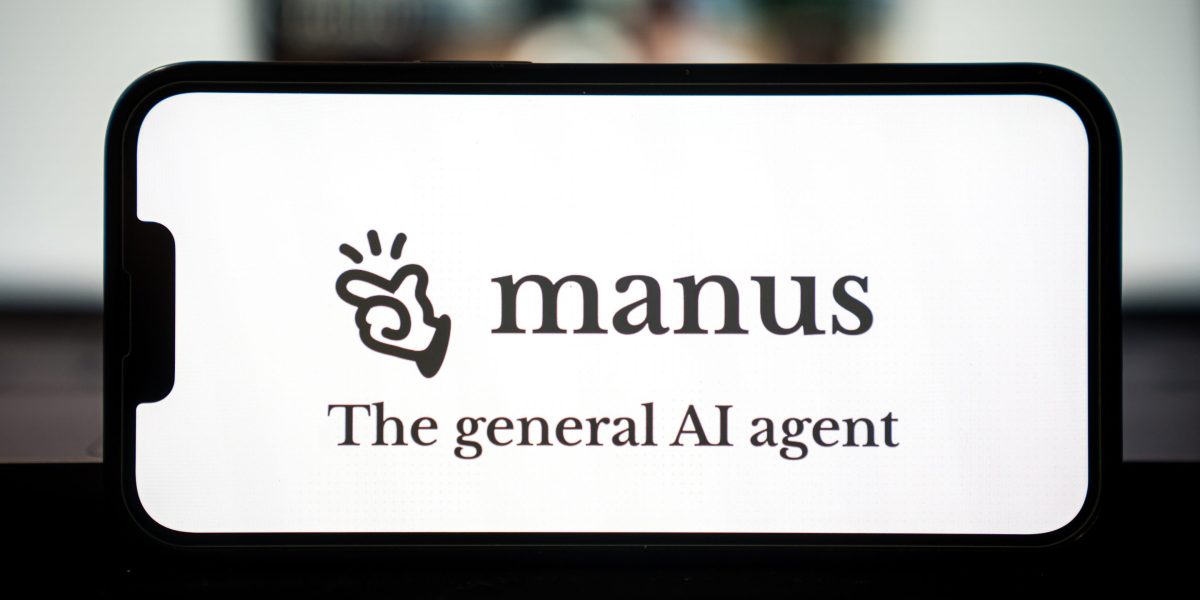Understanding ‘AI Agents’: The Growing Consensus on Their Underwhelming Performance

Understanding AI Agents: Are They Living Up to the Hype?
Artificial Intelligence (AI) agents have garnered significant attention in recent years, but there remains a general confusion about what they are and their actual capabilities. This article aims to break down the definition of AI agents, explore their applications, and evaluate whether they’re meeting the high expectations set by their proponents.
What is an AI Agent?
An AI agent refers to a software program that uses algorithms to perform tasks typically requiring human intelligence. These tasks may include decision-making, problem-solving, and language understanding. AI agents can be classified into two main types:
Reactive Agents
Reactive agents operate based on current inputs without using past experiences to inform their action. They react to specific stimuli, which makes them efficient for straightforward tasks but limits their versatility.
Proactive Agents
Proactive agents, on the other hand, can learn from previous experiences and adapt over time. This allows them to improve their performance and handle more complex tasks effectively.
Key Applications of AI Agents
AI agents are used across various sectors, showcasing their flexibility and potential:
Customer Service
Many companies employ chatbots as AI agents to manage customer inquiries. These bots can answer questions and resolve issues quickly, providing a 24/7 service that enhances customer satisfaction.Healthcare
In healthcare, AI agents assist medical professionals by analyzing patient data and suggesting diagnoses or treatment plans. They can also manage appointment scheduling and patient follow-ups.Finance
Financial institutions use AI agents for fraud detection and managing trades. These agents can analyze vast amounts of data to identify unusual patterns and make predictions about market trends.- Smart Home Devices
Smart assistants like Amazon’s Alexa and Google Home act as AI agents by controlling smart devices, playing music, and providing real-time information.
Are AI Agents Living Up to Expectations?
Despite their wide-ranging applications, many experts express skepticism about the current capabilities of AI agents. Several points contribute to this sentiment.
High Expectations vs. Reality
Initially, the hype surrounding AI agents led many to expect them to fully replicate human behavior and decision-making capabilities. However, there are significant limitations:
Understanding Context
AI agents often struggle to understand context or nuances in human interactions, making them less effective in complex conversations.Data Dependency
They require vast amounts of data to learn and improve, which can be a barrier for businesses without access to rich datasets.- Ethical Concerns
The application of AI raises ethical issues, especially in areas such as finance and healthcare, where decision-making can have serious consequences.
Continuous Development
While setbacks exist, it’s essential to recognize that AI technology and algorithms are continuously evolving. Companies are investing in research to enhance the capabilities of these agents. Techniques like machine learning and deep learning are contributing to the growth of AI agents, enabling them to handle more sophisticated tasks over time.
The Future of AI Agents
Looking forward, AI agents may become more prevalent in daily life as technologies improve. Still, realistic expectations need to be set regarding their abilities:
Hourglass Effect
The development of AI agents could follow an “hourglass” model where the top is wide (many basic applications) and narrow at the base (fewer advanced capabilities).Integration with Human Intuition
A blend of AI capabilities with human intuition may dictate the future applications of AI agents, focusing on collaboration rather than replacement.- Innovative Uses
As AI technology evolves, innovative uses of AI agents may surface, providing new solutions in various sectors, from education to transportation.
Thus, while AI agents have made remarkable strides and offer significant potential, there are still considerable challenges to overcome. As developments continue to unfold, it remains to be seen how fully these agents will meet the anticipations placed upon them.






